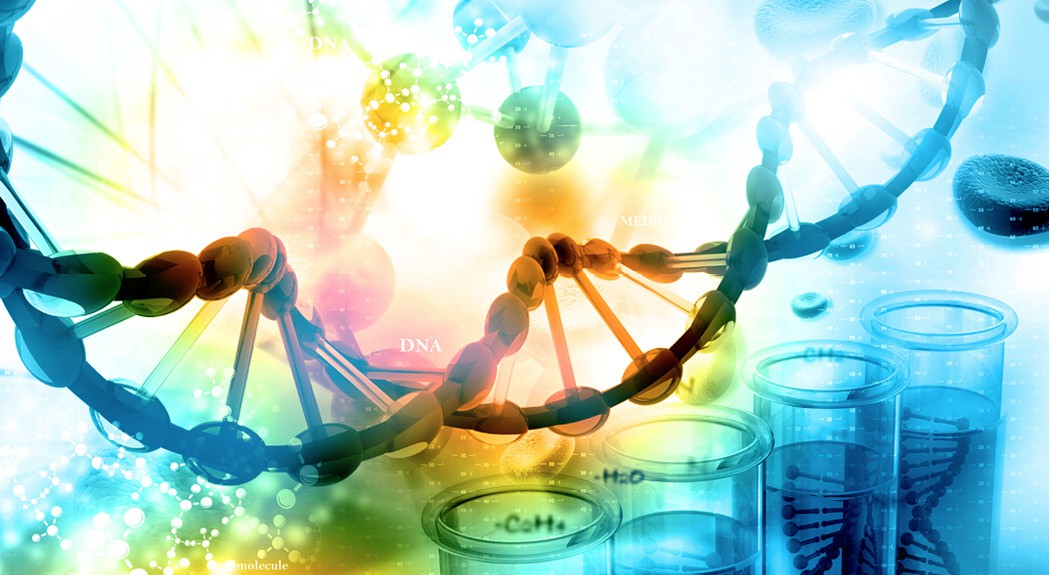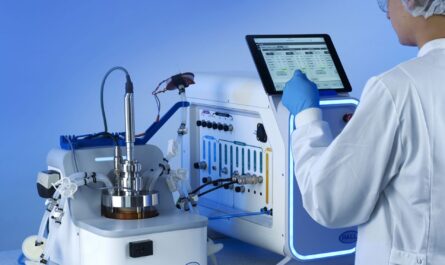What are Biomarkers?
Biomarkers refer to biological molecules found in blood, other body fluids, or tissues that are indicators of a normal or abnormal process, or of a condition or disease. Biomarkers can be used to detect and monitor the progression of cancer or response to treatment. They can help diagnose cancer, determine how aggressive it is likely to be, predict the likelihood of recurrence, and assess how well treatment is working or if the cancer has returned.
Types
Genetic Biomarkers
Mutations, alterations or abnormalities in genes or chromosomes that are associated with specific cancers can serve as biomarkers. For example, the BRCA1 and BRCA2 genes are tumour suppressors – their inactivation through mutation increases the risk of developing breast and ovarian cancer. Screening high-risk patients for mutations in these genes helps predict the risk of developing cancer.
Protein Biomarkers
Proteins released by tumours into blood or other body fluids can help detect or monitor cancers. For example, prostate-specific antigen (PSA) testing checks for elevated levels of PSA protein in the blood as a biomarker for prostate cancer. Other protein biomarkers include cancer antigen 125 (CA125) for ovarian cancer and carcinoembryonic antigen (CEA) for breast, lung and colorectal cancers.
Metabolic Biomarkers
Changes in metabolites, molecules involved in metabolism, can indicate the presence of cancer cells. Abnormal levels of certain metabolites in tissues, blood or other bodily fluids may serve as Cancer Biomarkers. For example, levels of sarcosine, a metabolite of the amino acid glycine, were found to be elevated in prostate cancer patients compared to healthy individuals.
Circulating Biomarkers
Tumour cells, DNA, RNA or exosomes – extracellular vesicles released by cells that contain biomolecules – that circulate in blood or other body fluids released by primary tumours or metastases can act as liquid biopsies and serve as non-invasive biomarkers. Circulating tumour cells (CTCs), circulating tumour DNA (ctDNA) and exosomal biomarkers allow real-time monitoring of cancer burden and response to treatment with simple blood tests.
The Role of Biomarkers in Cancer Management
Screening and Early Detection
Biomarker testing helps screen individuals at high risk of developing specific cancers due to family history or genetic mutations. Periodic testing allows early detection even before symptoms appear, when treatment may be most effective. For example, annual mammograms coupled with regular PSA tests have decreased breast and prostate cancer deaths significantly by allowing detection at earlier, more treatable stages.
Diagnosis
Establishing an accurate cancer diagnosis based on clinical signs and symptoms alone can sometimes be difficult as certain cancers mimic benign conditions. Biomarker tests help pathologists definitively diagnose cancer and classify tumour type, grade and stage based on biomarker profiles. This guides treatment decisions and predicts prognosis.
Prognosis and Risk Stratification
Biomarker signatures that characterize specific cancer subtypes provide information about aggressiveness and risk of recurrence/metastasis. Patients can then receive personalized treatment based on biomarker-defined risk groups – more aggressive therapy for high-risk cases and less toxic options for low-risk ones. For example, Oncotype Dx tests 21 genes to predict risk of breast cancer recurrence, guiding treatment decisions.
Monitoring Treatment Response
Serial biomarker testing during and after initial cancer treatment helps monitor response in real-time. A decrease in certain biomarker levels signals treatment is working while rising levels may indicate resistance has developed or disease has recurred/progressed. This allows timely intervention with additional/alternative therapies before clinical signs emerge. For example, post-surgical PSA monitoring in prostate cancer trackss treatment effectiveness and PSA doubling time can predict prognosis.
Targeted Therapy Development
Identification of specific mutated genes, proteins or pathways driving different cancer subtypes has enabled development of biomarker-guided targeted drugs that block these vulnerabilities. Patients’ tumours are routinely tested now for clinically actionable biomarkers like HER2, EGFR or ALK to determine eligibility for targeted drugs like Herceptin, Iressa or Xalkori respectively that improve outcomes. Biomarkers guide personalized selection of appropriate targeted drugs or immunotherapies.
Future of Cancer Biomarkers
As cancer genomics expands our understanding of molecular underpinnings, an increasing number and types of biomarkers are being discovered and validated for use in clinical management. Liquid biopsies allow repeated, non-invasive monitoring over time through blood tests, increasing application of biomarkers. Assay miniaturization and multiplexing enable testing of large biomarker panels with small sample sizes. Integration of multi-omics data incorporating genomics, proteomics and metabolomics will result in more informative composite biomarker signatures for diagnosis, prognosis and therapy guidance. Ultimately, biomarkers promise to revolutionize personalized cancer care through non-invasive real-time monitoring and precision-targeted selection of the right therapies for the right patients at the right time.
*Note:
1. Source: Coherent Market Insights, Public sources, Desk research
2. We have leveraged AI tools to mine information and compile it




